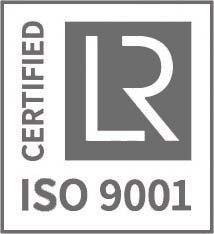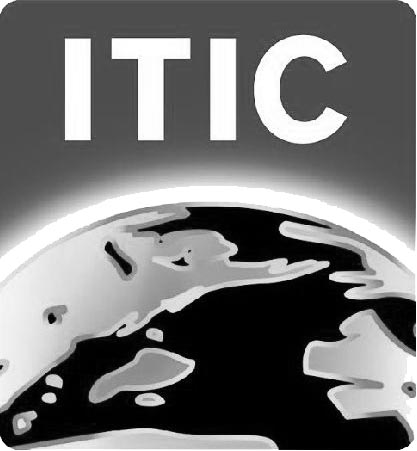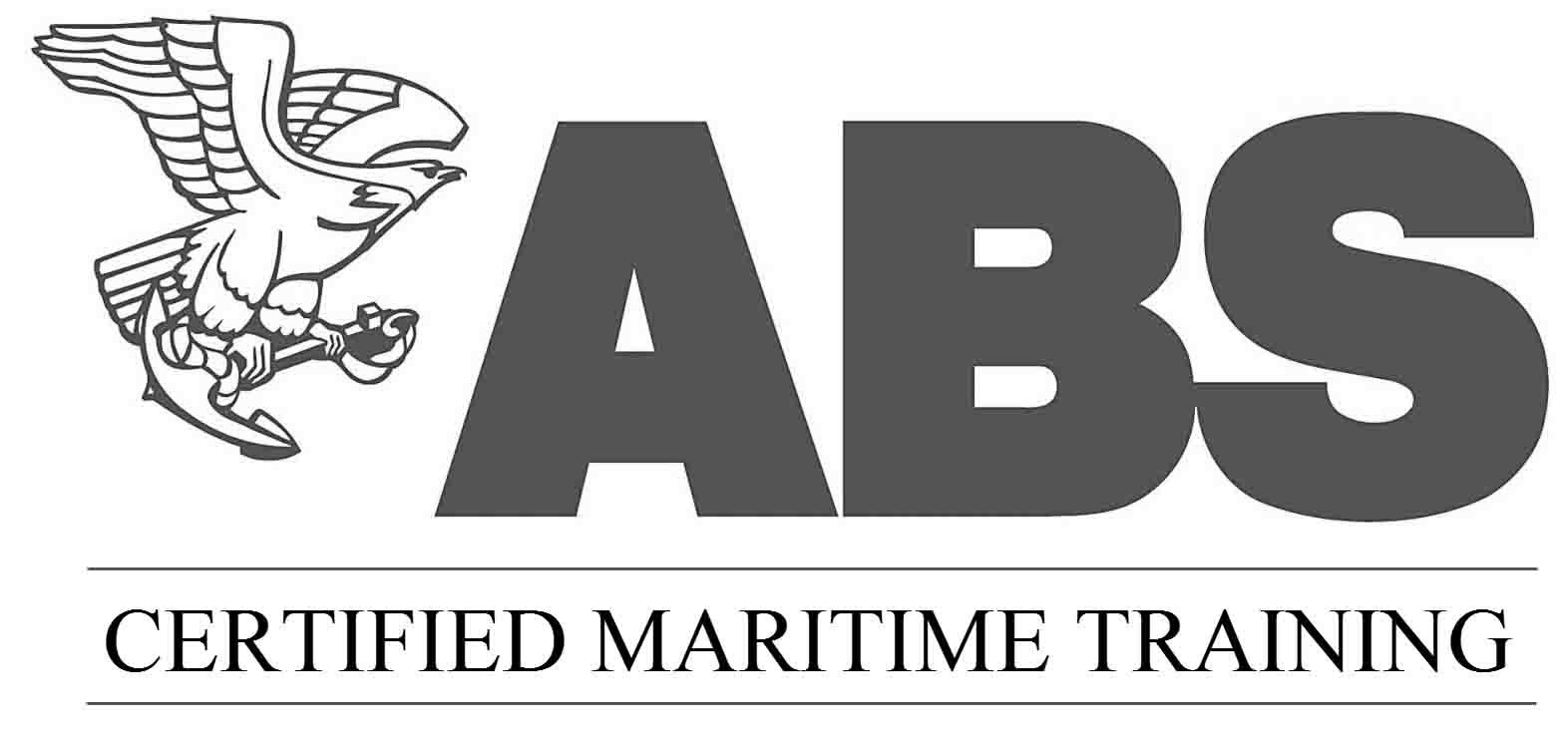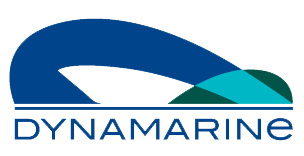Are you confident about your vessels' performance in Ship-to-Ship transfer Operations?
12-03-2014
Dear Sirs,
A Prime consideration of the onlineSTS.net full members is the assessment of the STS records after the completion of the operation. According to IMO Marpol chapter 8 Annex I requirements, STS records should be retained for three years.
OnineSTS.net members assess their STS records. Their data are utilized in the Screening process when vessels are nominated for clearance by the charterers. Thus the knowledge and experience of past records is being utilized to deliver the best possible due diligence in the risk assessment and technical guidance to the Master, prior commencement of each STS Operation. Furthermore KPI?s on STS Elements are being extracted for the TMSA purposes.
The key principal of the onlineSTS.net concept of DYNAMARINe is the fact that the statistical outcome of all assessments delivered by the members are being mutually shared during the screening of nominated vessels. The assessment of the STS records includes assessment of the participating vessels, the performance of the Service provider and POAC.

A new feature that was requested and introduced by one member of onlineSTS.net is the fact that our member requests from the participating vessel (non-member) to assess their vessel.

This policy strengthens the reputation, trust and confidence of our member?s performance who wish to have their vessels assessed on a voluntarily basis after the completion of the STS operation and include the data at OSIS.
Currently, OSIS is close to reach 2000 individual STS assessments and is expected to increase, considering that members of onlinests.net expand.
We shall also persuade all our members to voluntarily request from participating vessels (non-members) to assess our members? vessels, a fact that will accelerate the acquisition of assessments at OSIS.
Vessels are being assessed with respect to:
- Maneuverability
- Mooring Lines
- Chocks/ Fairleaders/ Windlasses
- Manifold arrangement
- Engine Performance
- Crew Performance
All tanker operators are welcomed to find out about their passive assessment KPI that is available at OSIS.
Should you are interested to :
- Establish justified STS screening policies
- Find out about your management company?s passive STS KPI;
- Become an onlineSTS.net member;
- Reduce your work load during the clearance process of nominated vessels;
- Standardize your screening procedures;
- Exercise your due diligence during the clearance process of nominated vessels with a method that is being recorded and measured;
- Participate at STS Assessment and record keeping;
- Provide reliable data and technical support 24/7 to your Master;
- Justify your STS Risk assessment for more than 90 different STS locations worldwide on data rather than rumors
please don?t hesitate to contacting us.
Arguments (with links) that justify the ?Assessment of STS records?
ARGUMENT 1 (ISM)
As defined in paragraph 1.2 of the ISM Code (objectives), the requirement for the assessment and management of risks is fundamental to the code. The principle of Safety Management involves managing and controlling risks levels of hazards and keeping them within acceptable levels. This process involves seeking answers to following questions:
- What could go wrong?
- What happens if it goes wrong?
- What are the chances to go wrong?
- How could the chances/ effects be reduced?
- What to do if it goes wrong?
- How can we Manage risk levels?
Source: ISM Code 1.2
ARGUMENT 2 (ISM)
The use of expert judgment is considered to be an important element within the FSA methodology. It not only contributes to the proactive nature of the methodology, but is also essential in cases where there is a lack of historical data. Further historical data may be evaluated by the use of expert judgment by which the quality of the historical data may be improved.
Source: Link
ARGUMENT 3 (ISM)
ISM Code compliance could be made easier through a reduction in the administrative process by:
Streamlining and reducing the paperwork that supported ISM Code compliance, particularly the SMS;
- Greater use of technology and IT to reduce paperwork;
- Identifying common areas in the ISM Code and, for example, the ISPS Code and integrating documentary requirements;
- Motivating seafarers to use the reporting and monitoring systems towards the improvement of safety management systems;
- Involving the seafarers in the development and continuous improvement of ISM manuals;
Source: Link
ARGUMENT 4 (ISM)
In the ISM Code, objective evidence means quantitative or qualitative information, records or statements of fact pertaining to safety or to the existence and implementation of a safety management system element, which is based on observation, measurement or test and which can be verified.
Source: Link
?
onlineSTS.net Team
info@onlinests.net
www.myfleet360.net, www.onlinests.net, www.dynamarine.com



